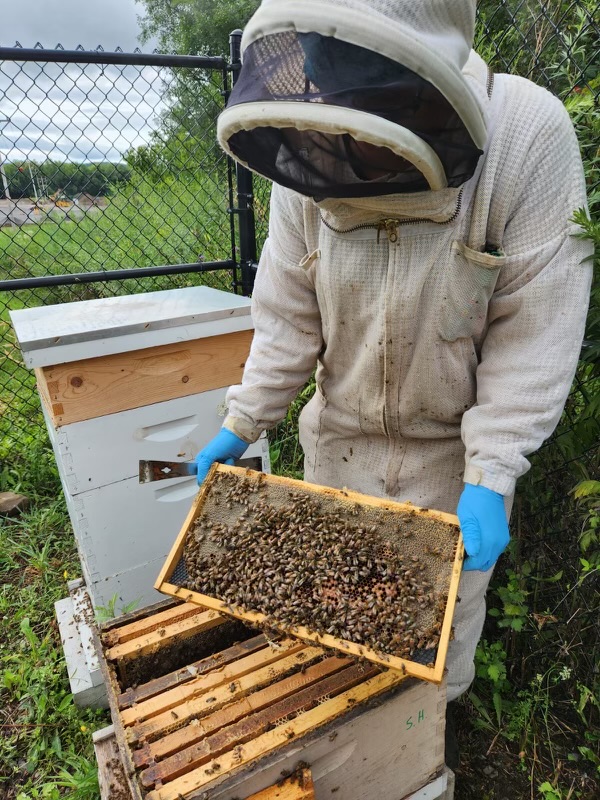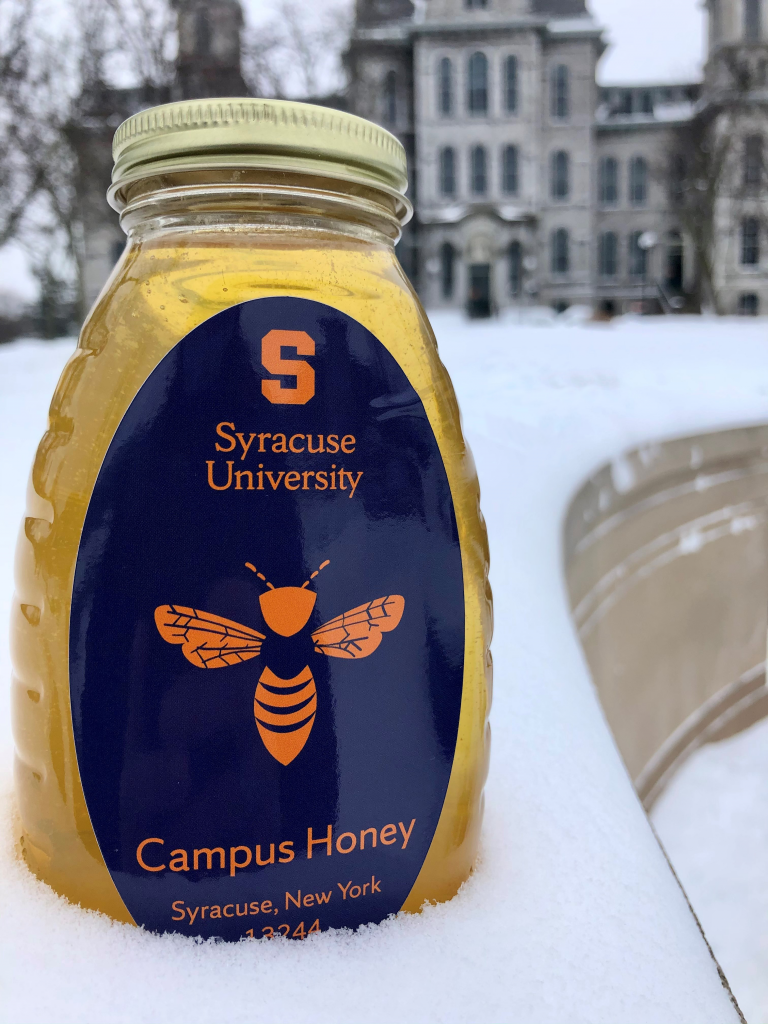
In 2020, Syracuse University became the home to six honeybee hives through a sustainability project led by Professors Lisa Olson-Gugerty and Mary Kiernan of Falk College. The hives are located on South Campus where they are tended to throughout the the year. Since 2020, the hives have grown and several hundred pounds of honey have been harvested and sold on campus. All honey sales go to benefit the future of the hives.
Where can you buy honey?
Honey is available in multiple locations across campus including:
- Barnes Center Pharmacy
- All Otto’s Juice Box locations (Barnes Center, Life Sciences, Goldstein Student Center)
- Skytop Marketplace
- People’s Place
Honey is sold in both 3 oz. and 8 oz. jars.
What is Bee Campus USA?
In 2019, Syracuse University continued its commitment to sustainability by becoming a Bee Campus USA affiliate. Through Bee Campus USA, the University can provide native habitats for pollinators through limited use of pesticides, planting native plant species, and creating outreach and education awareness to protect our natural ecosystems.
Bee Campus USA provides a framework for campus communities to work together to conserve native pollinators by increasing the abundance of native plants, providing nest sites, and reducing the use of pesticides. Bee Campus USA affiliates make commitments to conserve native pollinators. Students, faculty, administrators, and staff work together to carry out these commitments and make their campus a better place for pollinators.
Why is Syracuse University involved?
900 Acres of Opportunity
The University offers a vast habitat perfect for pollinators spanning over 900 acres across the campus. The Grounds crew is very active in providing healthy, native habitats to all pollinators who buzz across the orange blossoms.
Global Impact
The goals of Bee Campus USA correspond directly in line with the University’s goals for a more sustainable world while spreading awareness and educating all students who walk through our doors.
Pollinator Awareness
The University has the unique ability to create a platform for all pollinators through awareness opportunities and our passionate students.
Native Wildflower Garden in Pete’s Giving Garden
Syracuse University was awarded a grant through the Xerces Society to plant 750 native wildflowers along the perimeter of Pete’s Giving Garden.
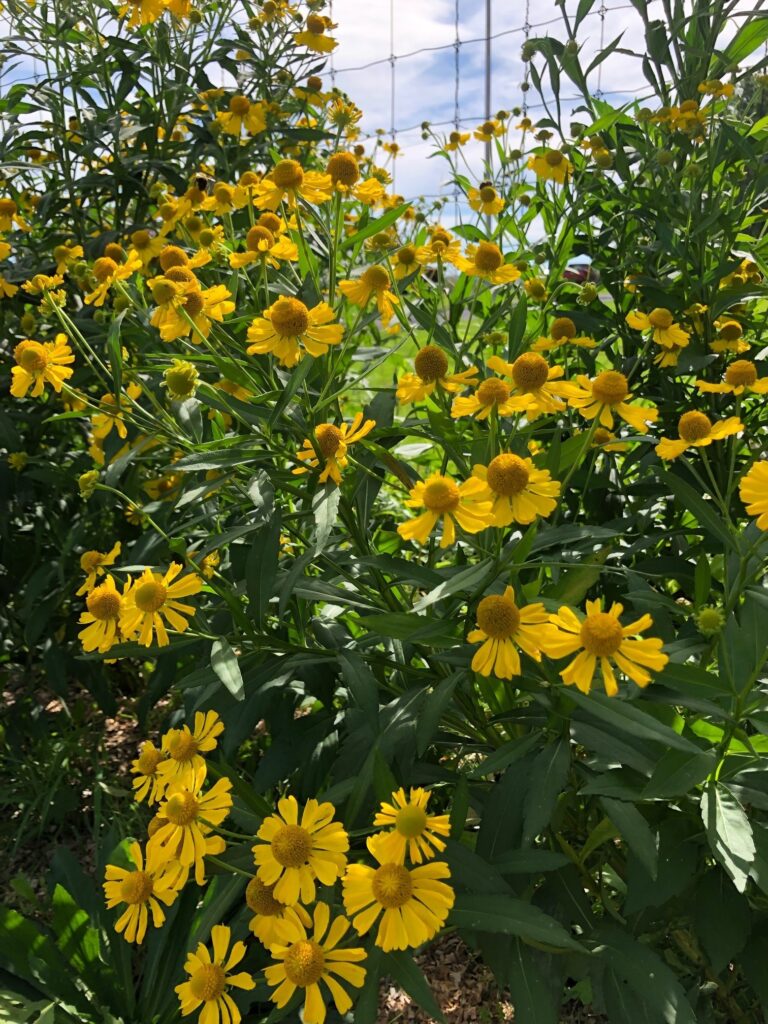
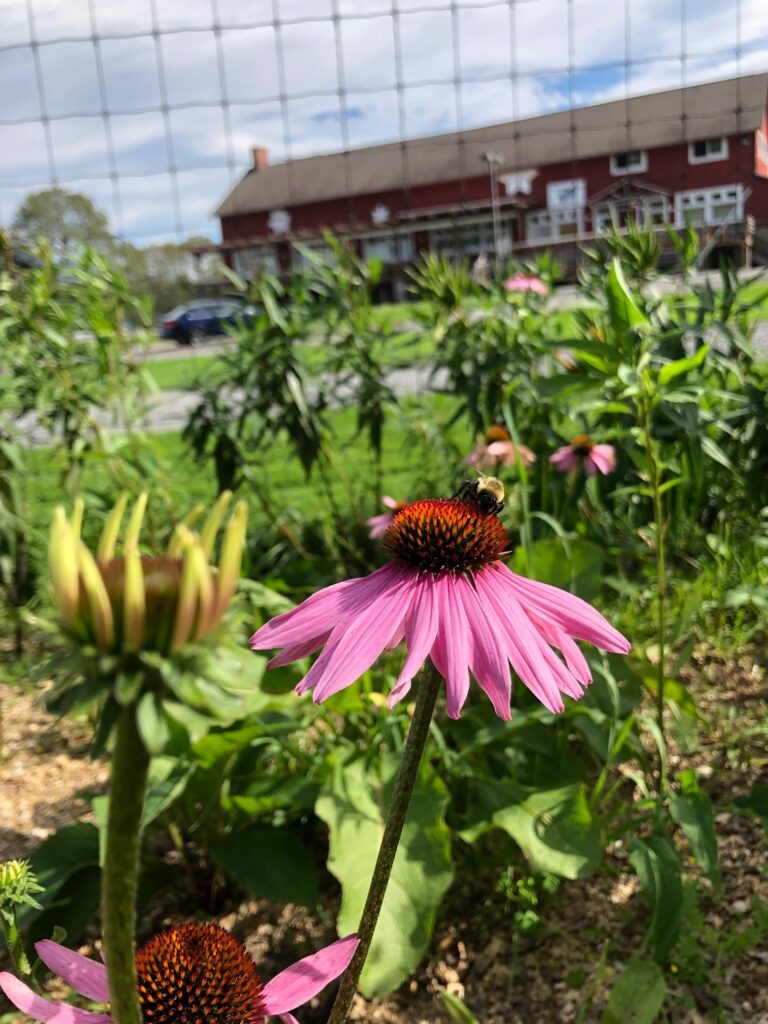
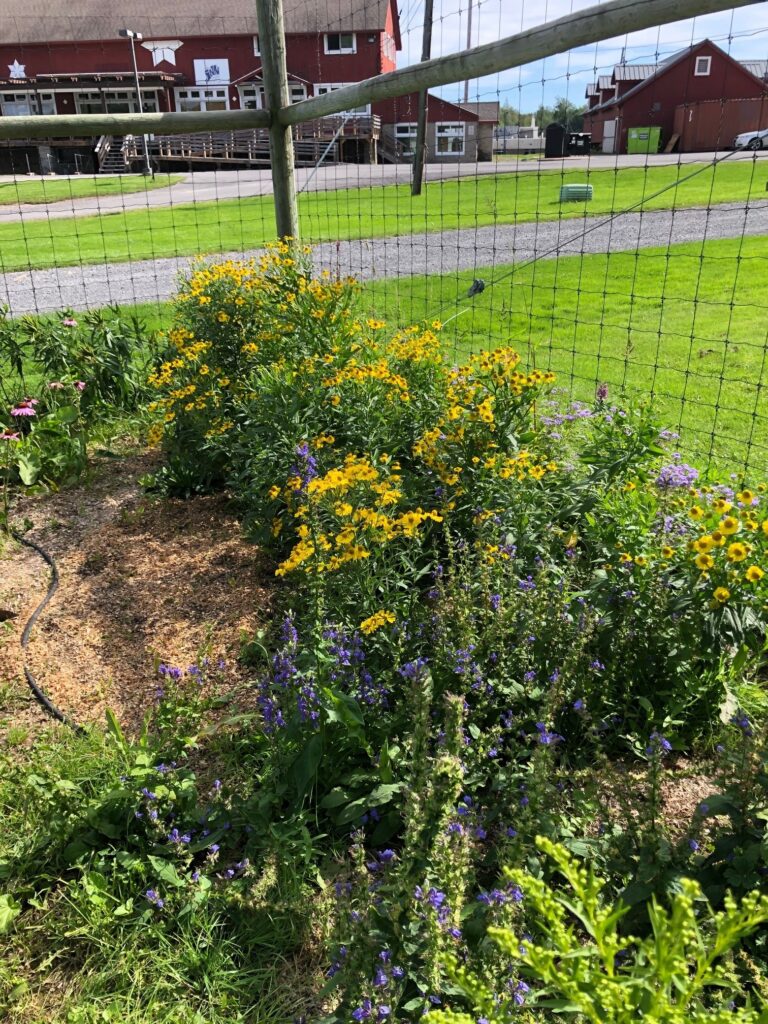
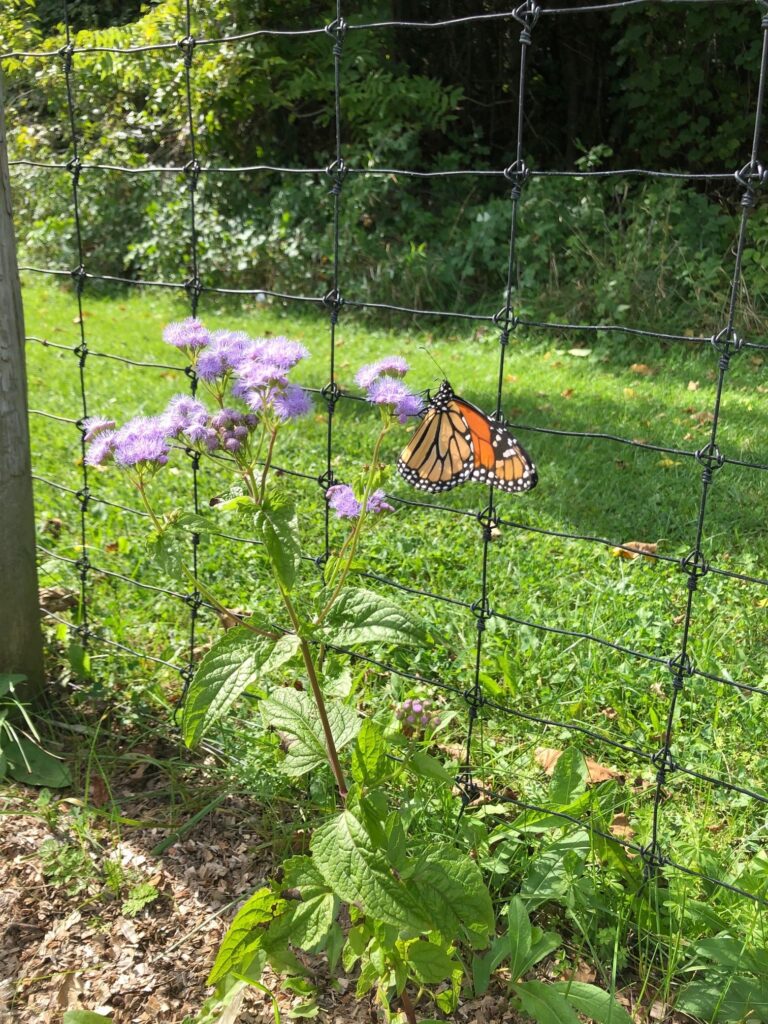
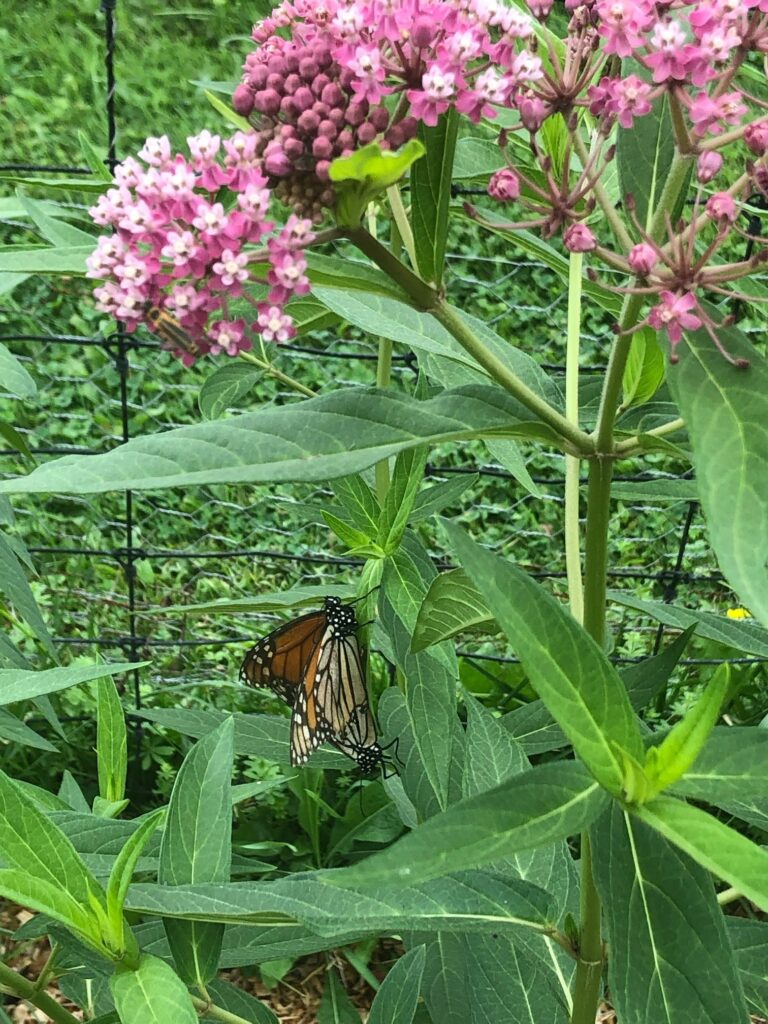
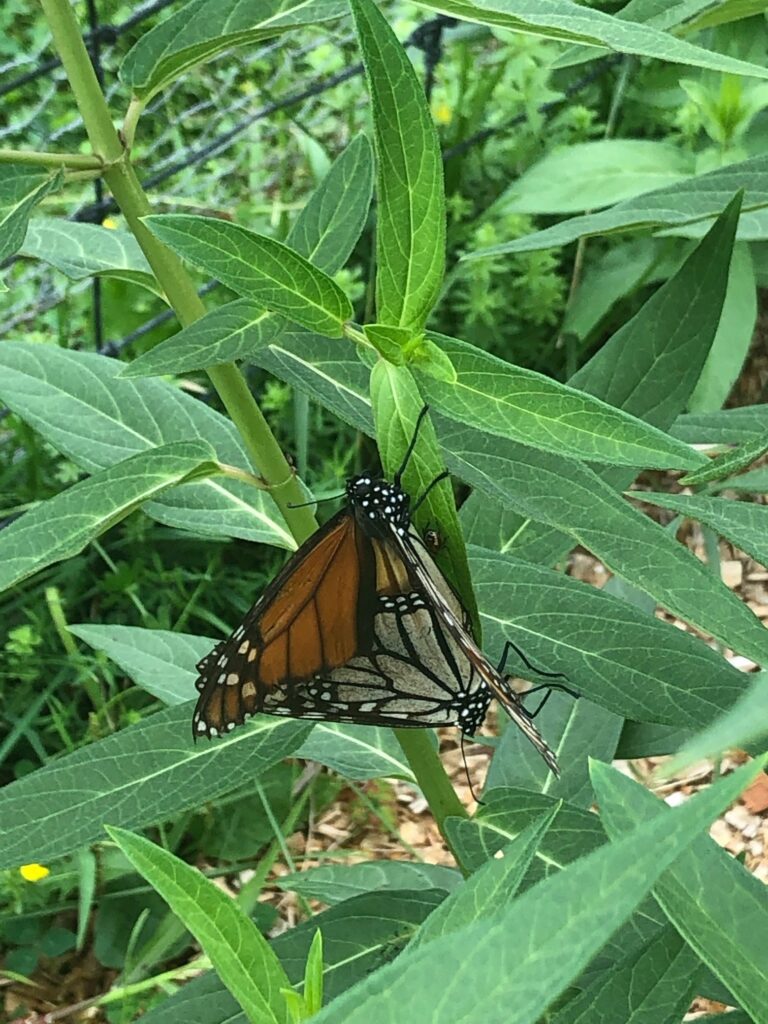
Build a Pollinator Garden in Your Own Backyard
Native pollinators co-evolved with plants over millions of years, forming mutualisms in which plants and pollinators rely on each other for survival. In the United States, non-native (“exotic”) plants dominate ornamental landscapes, largely because they tend to attract fewer unwanted insects. The horticulture industry has become adept at “improving on” the species that were native to the United States to make their flowers larger, brighter, more suitable for cutting, etc. This process often leads to a reduction in the quality of pollen and nectar or loss of pollen and nectar altogether. While some exotic or hybridized species supply adequate nectar, native pollinators primarily rely on native plant species. Plant wholesalers and retailers tend to grow mostly exotics, hybrids, and named cultivars that may or may not provide the food and nesting sources native pollinators rely on. These plants are often treated with pesticides, many of which harm pollinators.
Beekeeping Club
The Beekeeping Club is an organization to practice and learn about the practice of beekeeping. The club is for all students of any or no experience in beekeeping. We encourage anyone to join who wants to learn about bees and participate in maintaining hives. To join the Beekeeping Club, please email the president through the student organization’s beekeeping club page.

